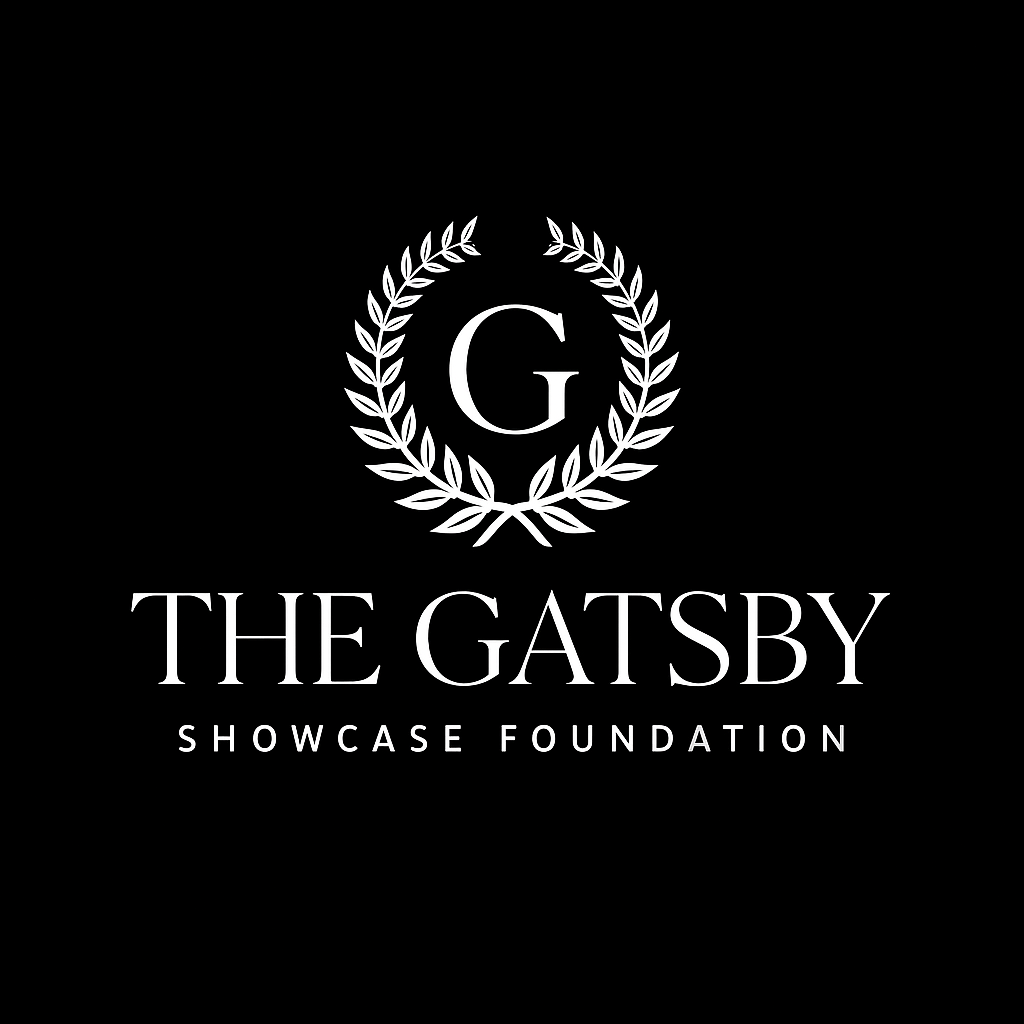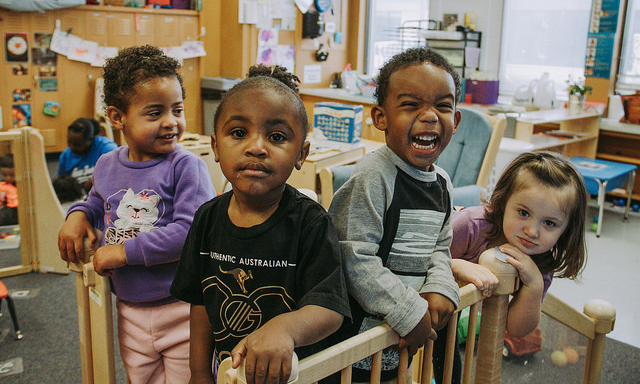Start Strong: Why Early Childhood Education Shapes Lifelong Success
The first five years of life are more than just play—they’re the foundation for everything that follows. From brain development to school readiness, early childhood education (ECE) is one of the most powerful tools we have to break cycles of poverty, close achievement gaps, and build lifelong opportunity.
And yet, millions of children across America—especially in historically underserved communities—still lack access to high-quality early learning experiences.
The Science: Why Early Learning Matters
- 90% of a child’s brain develops before age 5.
- Early neural pathways are shaped by rich interactions with adults, language exposure, and safe, nurturing environments.
- According to the Center on the Developing Child at Harvard, children who experience supportive early learning environments are more likely to succeed academically, socially, and economically.
- Positive early experiences support the development of executive functioning—skills like focus, memory, and emotional regulation—which are essential for school and life success.
The Gap: Who Gets Left Behind
Despite the overwhelming evidence, access to early education remains uneven:
- Child care costs in 2024 now exceed $15,000/year on average—more than the cost of in-state college tuition in many states.
- 51% of Americans live in a “child care desert”—communities where there are not enough licensed providers to meet demand (Center for American Progress).
- Only 54% of 3- and 4-year-olds are enrolled in preschool programs.
- Black and Latino children are significantly less likely to have access to high-quality early learning, especially in rural and low-income areas.
- Head Start and similar programs often have years-long waitlists and limited seats.
The result? By kindergarten, opportunity gaps have already formed—and for many children, they only grow wider without intervention.
A DMV Story: Kim and Amir
Kim, a single mother living in Southeast DC, worked two jobs and struggled to find affordable, reliable care for her 3-year-old son, Amir.
Through a referral at her community health center, she found a spot in a bilingual, trauma-informed early learning program.
“I thought he was just shy,” she said. “But once he started going, he started naming letters, making friends, and asking questions I didn’t even know he could form. It gave both of us hope.”
Today, Amir is entering kindergarten above grade level—and Kim is pursuing a part-time degree with confidence.
What High-Quality Early Education Looks Like
A quality early childhood program is not just about having books and crayons—it’s about creating a responsive, developmentally rich environment. Look for programs that offer:
- Warm, consistent caregivers with early childhood training
- Low child-to-teacher ratios
- Play-based, culturally relevant curriculum
- Social-emotional development tools (like SEL and mindfulness activities)
- Family engagement and support services
- Safe and clean environments with predictable routines
- Language support and inclusion of children with disabilities
DMV-Based Resources for Early Childhood Support
- DC Early Learning – OSSE
Offers information on Pre-K, child care subsidies, and family supports
https://osse.dc.gov/service/early-learning - Maryland Early Childhood Development
Home visiting, public pre-K, family resources
https://earlychildhood.marylandpublicschools.org/ - Virginia Department of Education – Early Learning
Information on mixed delivery, subsidy eligibility, and VPI+
https://www.doe.virginia.gov/
National Resources & Advocacy
- Zero to Three – Policy research and caregiver tools
https://www.zerotothree.org/ - Child Care Aware of America – National child care locator and advocacy organization
https://www.childcareaware.org/ - National Head Start Association – Federally funded early learning access
https://www.nhsa.org/ - First Five Years Fund – Policy advocacy and research on federal early childhood funding
https://www.ffyf.org/
️ Final Thoughts
If we want to support working families, reduce poverty, and create a pipeline of lifelong learners, early childhood education must be at the center of our strategy. It’s where gaps start—but it’s also where they can be closed, quickly and powerfully.
Whether through scholarships, child care partnerships, or advocacy for policy change—investing in the first five years is not just smart economics. It’s smart humanity.
Let’s build systems where every child can start strong.
Dr. Bertrand Fote, MD, MBA, FACEP, CF2
Health Equity Advocate and Champion for Early Learning

